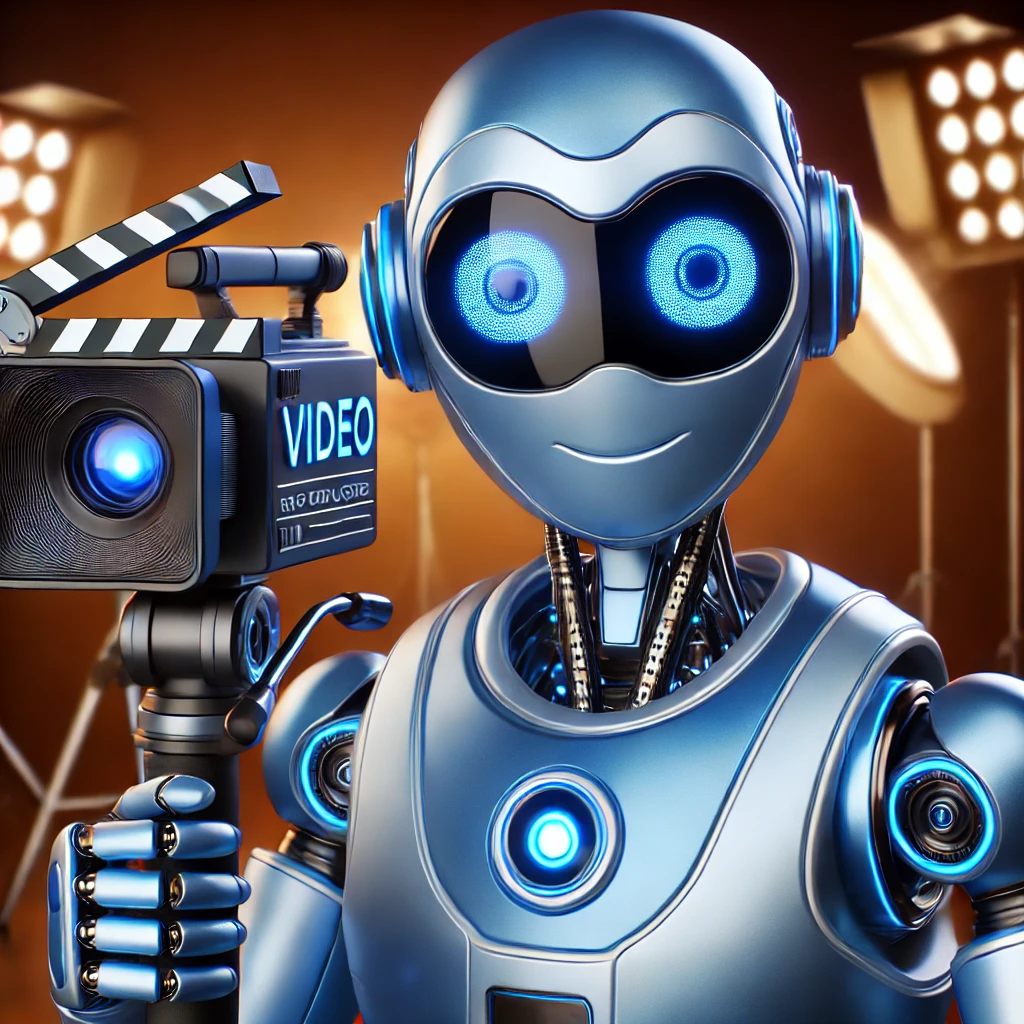How Generative AI is Revolutionizing Mental Health Care
-
 Sam Tech
Sam Tech - 15 Aug, 2024

The integration of generative AI and automation into mental health care is ushering in a new era of accessible, personalized, and continuous support. From AI-powered chatbots that offer cognitive behavioral therapy (CBT) to virtual reality experiences that simulate immersive therapy sessions, the applications of AI in mental health are vast and transformative. In this article, we’ll explore the key ways in which AI is being utilized to support mental well-being and highlight some of the top tools currently available.
AI-Powered Chatbots and Virtual Therapists
AI chatbots have emerged as a valuable tool for providing mental health support around the clock. These virtual therapists use natural language processing to engage users in conversations, deliver therapy sessions, and offer coping strategies. Some of the leading AI-powered chatbots include:
-
Woebot: Specializing in cognitive behavioral therapy (CBT), Woebot adapts its approach to fit the user’s personality, providing a personalized therapy experience that is both engaging and effective.
-
Wysa: This mental health app combines AI-driven chat conversations with personalized tools to help users manage their mental health. Wysa is particularly useful for those seeking immediate support in stressful situations.
-
Replika: Designed to be an AI companion, Replika engages in conversations that provide emotional support, helping users navigate feelings of loneliness or anxiety.
Self-Assessment and Symptom Tracking
Monitoring mental health and tracking symptoms over time are crucial components of maintaining well-being. AI tools offer innovative ways to assist users in self-assessment and symptom tracking:
-
Tess: An AI chatbot that delivers personalized therapy based on CBT and other clinically proven methods. Tess can help users identify patterns in their thoughts and behaviors, making it easier to address underlying issues.
-
BioBase: This app uses AI to interpret data from wearable sensors, helping to prevent burnout by monitoring key indicators like stress levels and physical activity.
Personalized Treatment Plans
AI’s ability to analyze vast amounts of data allows it to create personalized treatment plans tailored to individual needs. This approach not only improves the accuracy of diagnoses but also enhances the effectiveness of treatment:
- IBM Watson Health: By analyzing patient data, IBM Watson Health’s AI can predict mental health outcomes with high accuracy, allowing clinicians to develop customized treatment plans that address specific patient needs.
Predictive Analytics
One of the most powerful applications of AI in mental health is its ability to predict potential issues before they become acute. Predictive analytics can help healthcare providers intervene early, potentially saving lives:
- Vanderbilt University Medical Center’s AI: This AI tool has been developed to predict suicide risk with 80% accuracy by analyzing a combination of hospital admission data, demographics, and clinical records. Early identification of at-risk individuals allows for timely intervention and support.
Virtual Reality Therapy
The combination of AI and virtual reality (VR) is creating new possibilities for mental health treatment. VR therapy offers immersive experiences that can simulate therapeutic scenarios, providing users with a controlled environment to explore their mental health:
- XAIA (eXtended-Reality Artificially Intelligent Ally): This innovative tool uses VR and generative AI to create an immersive therapy session led by a virtual avatar. XAIA allows users to engage in self-administered mental health support, making therapy more accessible.
Wearable Technology
AI-powered wearables are playing an increasingly important role in monitoring mental health. These devices can track physical signs related to mood and cognitive state, providing real-time data that can inform treatment:
- Biobeat: This wearable device collects data on sleep patterns, physical activity, and heart rate, which can be used to assess a person’s mood and cognitive state. By monitoring these indicators, Biobeat can help users and healthcare providers better understand their mental health.
AI Therapy Prompts: A New Frontier in Mental Health Support
One of the most exciting developments in AI-driven mental health care is the use of personalized prompts, like the one created on ChatGPT, to deliver tailored therapeutic experiences. These prompts enable AI systems to act as highly skilled and empathetic virtual therapists, offering users a supportive space to explore their thoughts and feelings.
For instance, a prompt designed for ChatGPT might instruct the AI to use various therapeutic approaches such as Cognitive Behavioral Therapy (CBT), Mindfulness-Based Stress Reduction (MBSR), and Acceptance and Commitment Therapy (ACT). The AI is guided to provide empathetic responses, ask insightful questions, and offer practical coping strategies. Such prompts can be customized to address specific issues like stress management, emotional regulation, and goal setting.
Here’s how this works in practice:
-
Active Listening and Empathy: The AI carefully attends to the user’s words, tone, and context, ensuring that responses are empathetic and validating. This creates a non-judgmental environment where users feel heard and supported.
-
Personalized Therapeutic Techniques: Depending on the user’s needs, the AI might employ techniques like cognitive restructuring to challenge negative thought patterns or guide the user through mindfulness exercises to reduce anxiety.
-
Goal Setting and Progress Tracking: The AI can help users set realistic goals and break them down into manageable steps, tracking progress and celebrating small victories along the way.
This kind of AI therapy prompt is particularly beneficial for those who might not have immediate access to human therapists or prefer a more private, on-demand form of support. However, it’s crucial to remember that while these AI systems provide valuable assistance, they are designed to complement, not replace, traditional therapy. Users are encouraged to seek professional help for severe or persistent mental health issues.
By leveraging AI therapy prompts, we are moving closer to a future where mental health support is more accessible, personalized, and responsive to individual needs. As technology continues to evolve, these tools will likely play an increasingly vital role in mental health care, offering both immediate coping strategies and long-term growth techniques tailored to each user’s unique circumstances.
Sam Tech’s Prompt
A prompt entered into ChatGPT that is based on an expert therapist, to help if you ever need.
ChatGPT
Current AI Tools That May be Helpful
For those looking to integrate AI tools into their mental health routine, here are three current AI tools that could be particularly beneficial:
-
Woebot
A chatbot that offers CBT-based therapy and personalized support.
Woebot -
Wysa
An AI-powered mental health app providing chat support and personalized tools.
Wysa -
XAIA
A VR therapy tool that offers self-administered mental health support through an immersive experience.
XAIA
Conclusion
Generative AI and automation are revolutionizing mental health care by providing innovative solutions that are accessible, personalized, and continuous. While AI tools can greatly enhance mental health support, it’s important to remember that they are most effective when used in conjunction with traditional therapy and clinical care. As technology continues to evolve, the potential for AI in mental health will only grow, offering new ways to support well-being and address mental health challenges.


